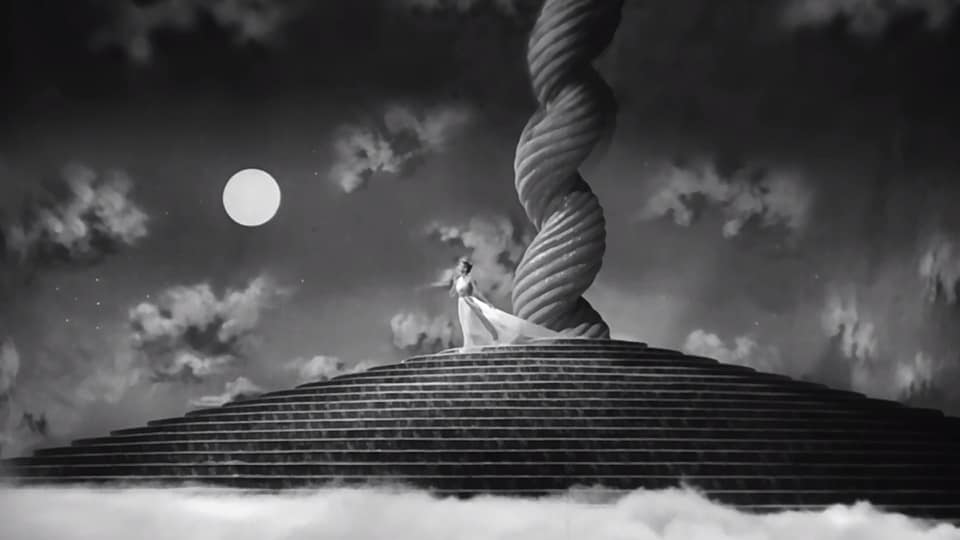|
Sweeping, socially-pointed melodrama which formally and aesthetically draws heavily from the film noir tradition. The expressivity of aesthetics are employed to the film's expansive but familiar tale of star-crossed lovers navigating a world defined overwhelmingly by bankrupt notions of worth. Ascribed status dictates one's fate, and while Awaara never repudiates this cultural construction outright in its narrative - the central protagonist himself was indeed the offspring of a respectable class who, along with his mother, was expelled by mistake - the emotional lifeblood of the film, one of forbidden love, is a subtle affront to prescriptions of worth defined largely by material conditions. The film walks a fine line in this regard, being critical of a culture embedded with ascribed status through its emotional poignant tale which illustrates how toxic, destructive, and blinding bias can ultimately be to the truth-seeking. Awaara exhibits through its narrative how large-scale differentiation in material conditions breed such in-group, out-group dynamics where such bias' flourish, and the tumultuous journey of its central protagonist can be read as an affront to faux, idealistic notions of meritocracy and class-movement under capitalism, one in which poverty is simplistically viewed largely as a by-product of an effort, an easy comfort to those born into more affluent conditions. Ultimately the text itself is a sweeping love story with noir style: Love is boundaryless, legality is socially constructed, the laws of man stand no chance when placed against the natural will of the heart, which in its most empathetic operative mode doesn't see bias
0 Comments
Leave a Reply. |
AuthorLove of all things cinema brought me here. Archives
June 2023
|

 RSS Feed
RSS Feed
